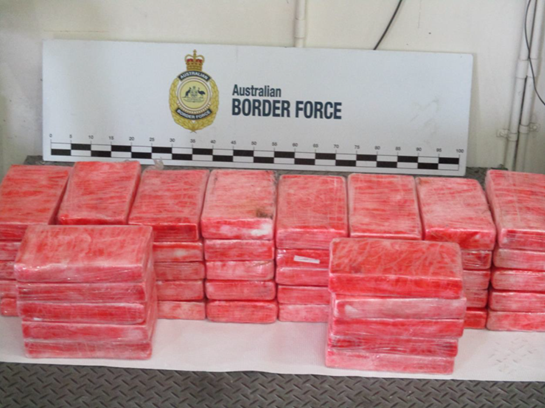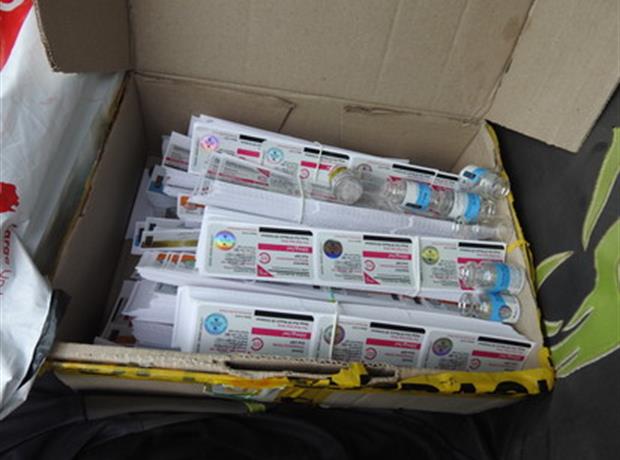Participating in the joint detector dog training exercise , Mr. Tan Jun, Director, Anti-smuggling Bureau of China Customs said we highly appreciate the ongoing support Australia Border Force provide to our National Dog Program. The joint program is going on for the past decade and China Customs is benefiting from Australian assistance in all aspects of the Detector Dog Program.
Australian Border Force (ABF) Detector Dog Program has one of the world’s best breeding and training capabilities. This is being used by China Customs. Customs instructors from China attended a two-week course at ABF’s state-of-the-art breeding and training facility. This program helped Chinese instructors to learn more about development and breeding of law enforcement detector dogs.
Australian Border Force (ABF) over the years has gifted a number of detector dogs to China Customs. This has helped Chinese customs to strengthen their existing detection capabilities.
At the ABF detector dog breeding and training facility, detector dog teams are given training and exposure to work in a wide range of challenging border environments. This include tasks such as searching international mail, luggage, air cargo, containerized sea cargo, commercial vessels, vehicles, aircraft, and travelling passengers. Detector dog teams has a major role in identifying and stopping importation of prohibited and restricted goods. Data from customs brokers from places like Sydney and Brisbane are also used in analytics to detect probable smuggling cases.
Along with x-ray and trace particle detection, detector dog squad play a significant complimentary role. The dog squad was credited with 2000 detection of illicit substances and prohibited items during 2016-17 financial year. With smugglers using new techniques to overcome x-rays and trace particle detection, detector dogs play a very significant role in controlling smuggling.
Border security agencies across the world has to face novel techniques and methods used by smugglers. Smugglers are also expanding capabilities by becoming part of international crime syndicates. This pose a new set of challenges in protecting land and maritime borders from illegal activities. Well trained dog squads in new detection techniques play a very important complimentary role here.



